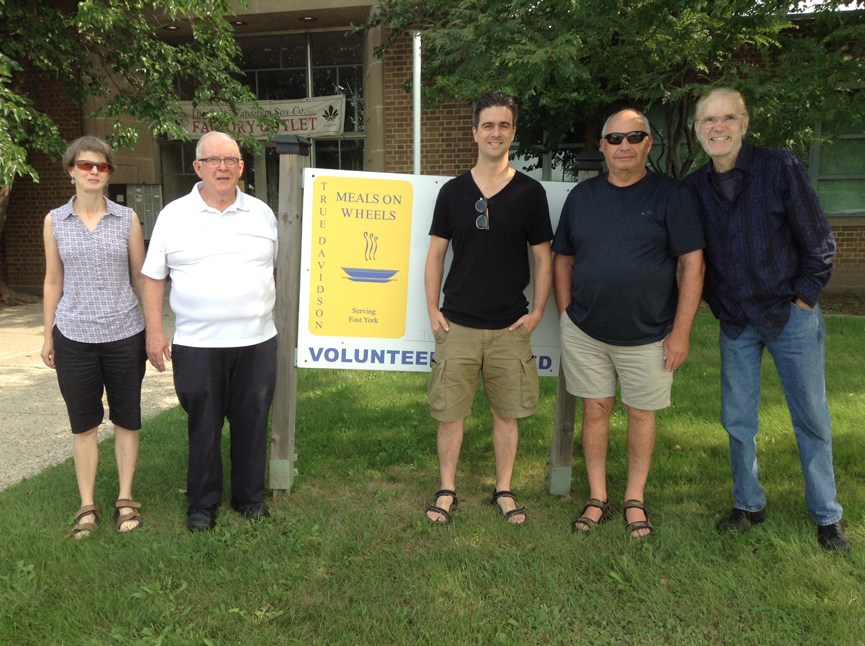The so-called “grey wave” is upon us, the Baby Boomers, the largest age cohort in all of human history, are all starting to reach old age at the same time. For perhaps the first time in human history the old outnumber the young.
This comes with numerous challenges, perhaps the most crucial is how to support an increasing number of seniors, from housing to pharmacare to various support services.
Seniors’ Housing
Volunteering for years at Meals on Wheels gave me a lot of experience with the living conditions of seniors. Some lived in abject poverty, others in lovely expensive homes. Many have transitioned from living in their family home to moving into a seniors’ residence or long-term care home. The province’s Bill 7 is a step in the wrong direction. We are going to need far more such residences to meet the coming wave.
COVID proved unequivocally that for-profit care homes resulted in far worse outcomes. We simply cannot trust any kind of care to the profit-lust of corporations and their shareholders. They cut corners, they cram in too many people, and they underpay workers. Currently in Ontario about 24% of long term care homes are non-profit, and about 16% are run by municipalities, less than half the total. We need to change that proportion.
The worst performing of LTC homes should be immediately expropriated by the city as, clearly, they cannot be trusted with the lives of our seniors. The rest should be slowly bought out over time, and new ones built to be fully public, like this new one in Scarborough. The city should also consider building public retirement residences, and ones of a quality that will convince seniors to leave behind their homes and open up supply for the next generation.
Whatever form housing for seniors takes, we need to ensure it is affordable. Witnessing a senior live out their remaining days in squalor because they cannot afford any better is an insult to their lifetime of contribution to society.
Programs and Services for Seniors
Along with an adequate supply of quality housing, seniors also need adequate services. We need far more personal support workers and more resources for important programs like Meals on Wheels.
PSWs
Personal support workers are in short supply, and are overworked and underpaid with many burning out. Like healthcare, this is provincially funded, but Toronto needs to find a way to better support the industry. PSWs are a critical piece of senior care, and a lack of them must not become yet another crisis.
Household maintenance support
But the help seniors need goes beyond PSWs. A Meals on Wheels client of mine had to have her back door broken down by EMS because she had fallen and they could not break in the front door. But then her door was open to the elements and wildlife, so I went to Home Depot and picked up some materials to fix her door frame. She also needed help once to unclog her toilet and she had no one else that she could rely on for support.
Another client’s knees got so bad she had to start using a walker, but then found she could not carry anything to and from the kitchen. I installed a basket on the front of her walker so she could fill it with things to carry. These are the little things, beyond the services of PSWs, that seniors need done that will not happen if they do not have family, friends, or neighbours to help. We must find a way to fund PSWs in more of a handyman role, someone who can fix things and assist them in maintaining their homes.
Food for seniors
In my time at Meals on Wheels, funding dried up and the quality of meals declined. There was less variety of food on offer, they stopped providing juice, the containers became cheaper and more easily spilled during transport, and the meals themselves shrank just a little. These meals are for people who cannot cook or shop for themselves, the least we can do is give them enough options to feel like they are not stuck on an airplane.
Social supports
We also need seniors to have more daily social interaction as many of them, who are not in retirement residences or LTC homes, are isolated for most of the day, sometimes only seeing their personal care workers and the Meals on Wheels volunteer. Sometimes they see no one at all. CareTO is an excellent step in this direction, and hopefully will move beyond the current pilot. This is where we can employ the youth to fill this gap, more on that here.
The glaring gaps in senior care already exist, and these things will only worsen with an increasing number of seniors. The children of these seniors are preoccupied with their own young families, and the burdens of an increasingly inequitable society, so it is important that they feel at ease knowing their elderly parents are in good hands.

